Have you ever asked the question “Is miso soup keto-friendly?”. Look no further! In this article, we will explore the compatibility of miso soup with the popular keto diet. By understanding what miso soup is and diving into its nutritional profile, you’ll have a better idea of whether it fits into your ketogenic lifestyle.
We’ll also provide some helpful tips for making keto-friendly miso soup. So, let’s get started on your quest for delicious and satisfying meals while staying true to your keto goals!
Key Takeaways
- Miso soup is low in carbohydrates, making it suitable for the keto diet.
- Miso soup is rich in protein and low in carbs, providing a high nutritional value.
- Miso soup supports gut health with beneficial probiotics and antioxidants.
- Incorporating miso soup into a well-rounded keto meal plan can provide essential vitamins and minerals.
What Is Miso Soup?
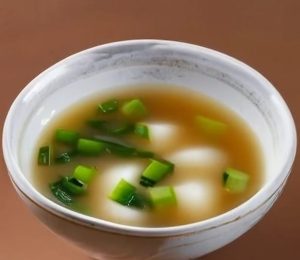
Miso soup is a traditional Japanese dish that you can enjoy on a keto diet. Made from fermented soybeans, miso paste is the key ingredient in this flavorful soup. Besides its delicious taste, miso soup also offers several health benefits.
Firstly, it is rich in probiotics, which promote a healthy gut by introducing beneficial bacteria into your digestive system. Additionally, miso paste contains essential amino acids and vitamins like B12 and K2. These nutrients support brain function and bone health.
Miso soup is also low in calories and high in protein, making it a satisfying option for those following a keto diet. So go ahead and savor this nutritious and comforting Japanese favorite while sticking to your dietary goals!
Understanding the Keto Diet
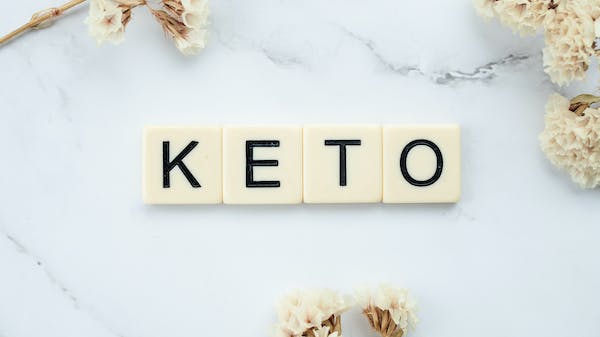
If you’re following a low-carb diet, it’s important to understand the principles of the keto diet. This popular eating plan involves consuming high amounts of fat, moderate protein, and very low carbohydrates. The keto diet aims to put your body into a state of ketosis, where it burns fat for fuel instead of glucose.
Benefits of the keto diet include weight loss, improved blood sugar control, increased energy levels, and reduced appetite. It may also have potential benefits for certain medical conditions such as epilepsy and type 2 diabetes. However, it’s essential to be aware of potential side effects such as nutrient deficiencies, constipation, bad breath (known as ‘keto breath’), and the possibility of developing kidney stones.
Remember that everyone’s body is different, so what works for one person may not work for another. It’s always best to consult with a healthcare professional before starting any new diet or making significant changes to your eating habits.
Nutritional Profile of Miso Soup
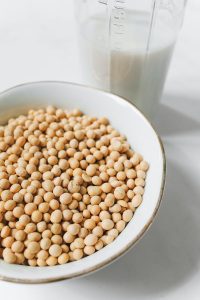
The nutritional profile of miso soup contains essential vitamins and minerals that can contribute to a balanced diet. Miso soup is traditionally made with fermented soybean paste called miso, which is rich in probiotics, antioxidants, and B vitamins. It also contains minerals like potassium, magnesium, and phosphorus. Additionally, miso soup is low in calories and fat, making it a healthy option for those looking to maintain or lose weight.
Here is a table showcasing the nutritional content of a typical serving (1 cup) of miso soup:
| Nutrient | Amount |
|---|---|
| Calories | 66 |
| Protein | 4 grams |
| Carbohydrates | 9 grams |
| Fat | 2 grams |
| Sodium | 830 mg |
Miso soup also offers several benefits such as improved digestion due to its probiotic content and reduced risk of chronic diseases due to its antioxidant properties. There are various variations of miso soup available, including vegetarian options with tofu or seaweed. So whether you prefer it plain or loaded with vegetables, there’s a miso soup variation for everyone’s taste buds.
Is Miso Soup Compatible With the Keto Diet?

Miso soup can be a suitable option for individuals following the keto diet due to its low carbohydrate content. It is a traditional Japanese soup made from fermented soybeans, which are rich in protein and low in carbs. Here are some benefits of incorporating miso soup into your keto diet:
- High nutritional value: Miso contains essential vitamins and minerals like B vitamins, vitamin K, manganese, and zinc.
- Gut health support: The fermentation process involved in making miso creates beneficial probiotics that promote a healthy gut microbiome.
- Antioxidant properties: Miso is packed with antioxidants that help protect against oxidative stress and inflammation in the body.
To enjoy miso soup while on the keto diet, opt for recipes that use low-carb ingredients like tofu, seaweed, and vegetables. Remember to consume it in moderation as part of a well-rounded keto meal plan.
Tips for Making Keto-Friendly Miso Soup
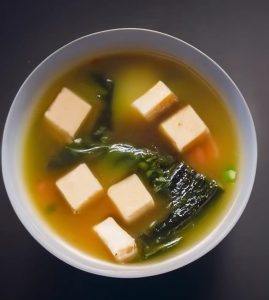
When making keto-friendly miso soup, you can use low-carb ingredients like tofu or vegetables. Miso is a fermented soybean paste that adds a savory flavor to your dish. It contains beneficial bacteria and enzymes that can support gut health and digestion. Incorporating miso into a keto diet can have several benefits.
Firstly, it is low in carbohydrates and high in protein, which makes it suitable for those following a low-carb lifestyle. Additionally, miso is rich in vitamins and minerals such as vitamin K, manganese, and zinc. These nutrients are important for overall health and well-being. Below is a table showcasing some keto-friendly miso recipes that you can try:
| Recipe | Ingredients |
|---|---|
| 1 | Tofu |
| 2 | Vegetables |
| 3 | Keto broth |
Conclusion: Is Miso Soup Keto-Friendly? The Verdict
In conclusion, if you’re following a keto diet, miso soup can be a good option to include in your meals. With its low-carb and high-protein content, miso soup fits well within the keto guidelines.
However, it’s essential to be mindful of portion sizes and any additional ingredients that may add carbs. So, is miso soup keto-friendly? Yes, it can be, but as with any food on the keto diet, moderation, and ingredient awareness are key to maintaining ketosis. By making some adjustments and using keto-friendly ingredients, you can enjoy a delicious bowl of miso soup while staying on track with your ketogenic journey.
 Maruya organic red Hatcho miso
Maruya organic red Hatcho miso - Extremely dark, unique, and strong flavor.
- It is often used in stews, soups, and marinades Whether you're using hatcho miso in soup, sauce, or marinade,


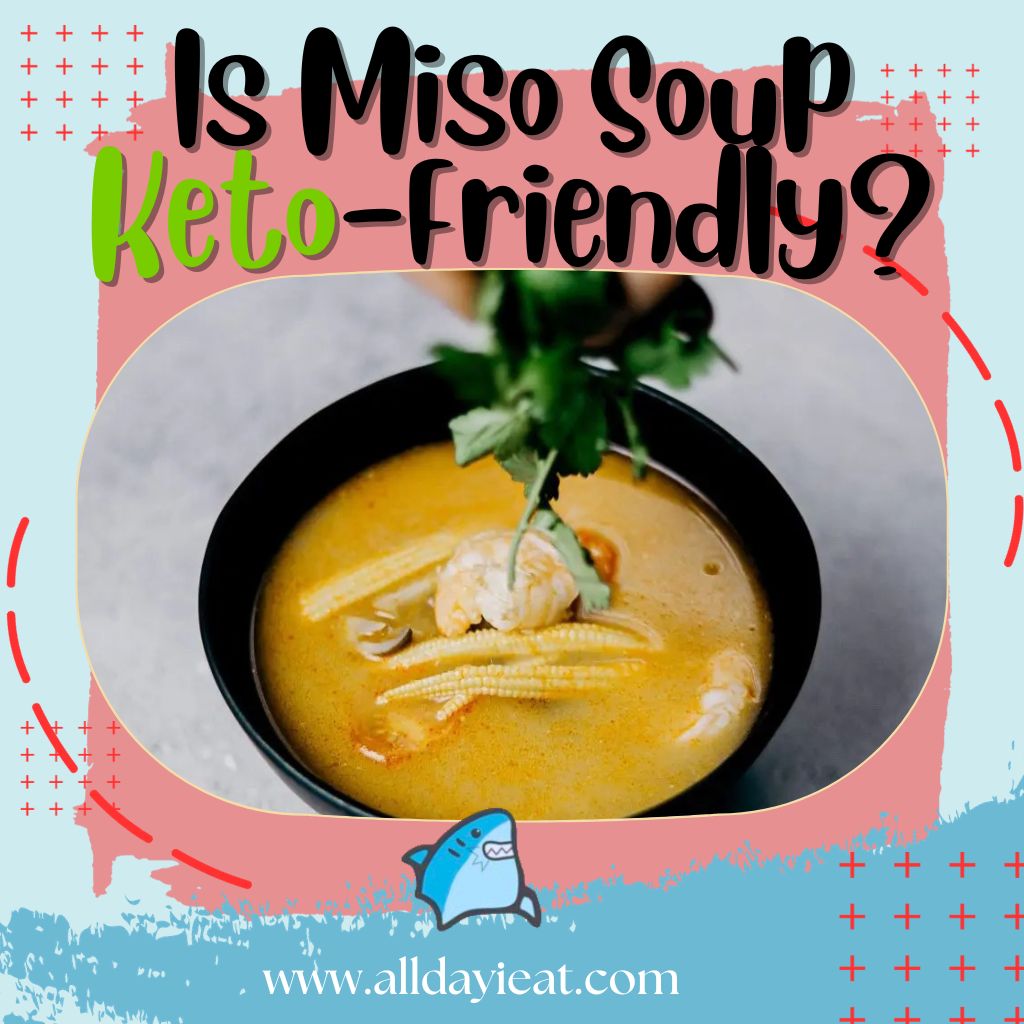


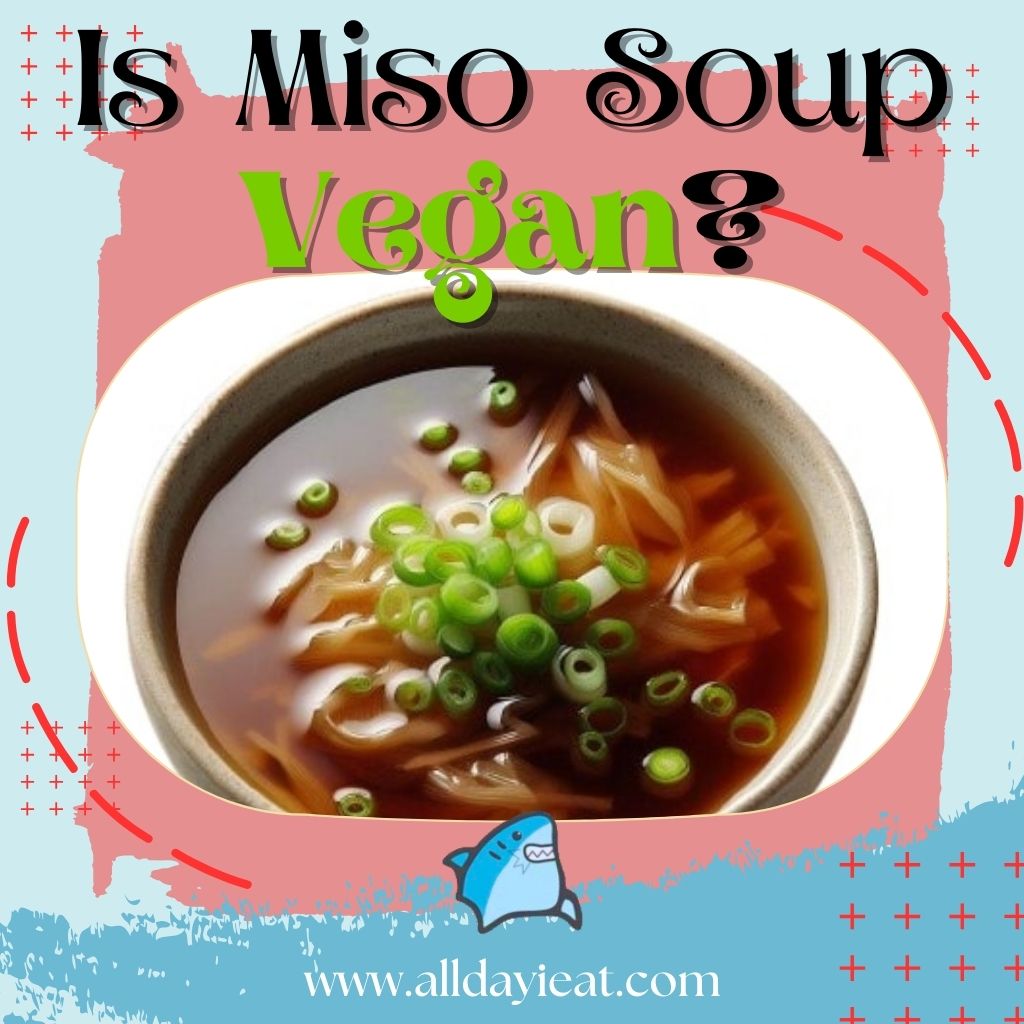
Konnichiwa! (Hello!) I'm Pat Tokuyama, a Japanese tofu cookbook author, who travels for music, food, and adventure. If you like Japanese tea, checkout some of the newestorganic japanese tea, matcha bowls and noren and more!
** Curious about the Plant Based Japanese Cooking Club? ** Learn more here!